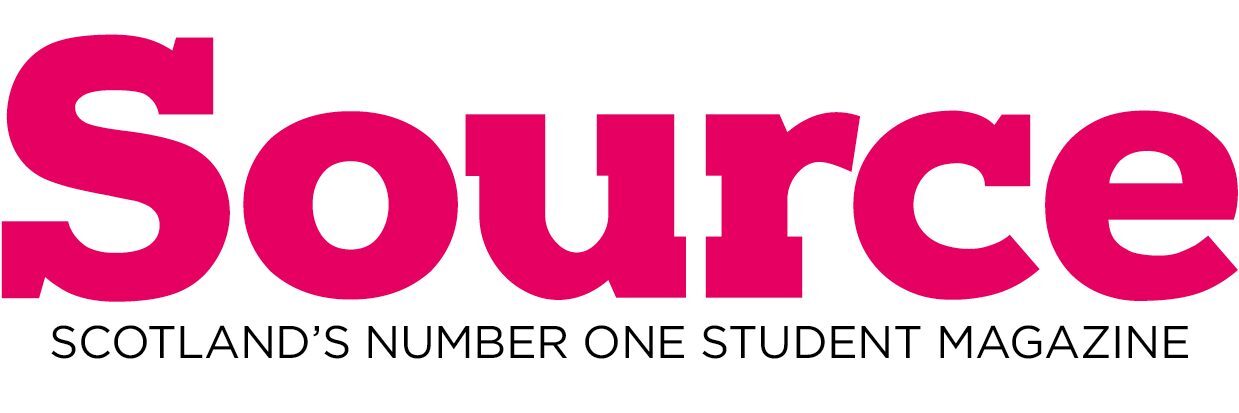Got another evening ahead of you staring at biology notes or flicking through history textbooks in preparation for your exams? Revision is pretty boring and often tough work – but does it have to be? Cait Thomson finds out.
It’s that time of year again. Whether you’re getting stuck into mocks just now or you’re gearing up for the real thing in May, there’s one thing on everyone’s mind – exams.
Exam time just wouldn’t be right without loads of chat about dreaded revision. It’s easy to stress out when you’re aiming towards the grades you require to get into university, college or work, but staying relaxed, having a good plan and rewarding yourself as you go can make the process a lot more manageable.
Rachel Hyslop, who works in Glasgow Caledonian University helping students make the step between high school and university says: “A little bit of stress can be beneficial in getting you motivated, but avoid getting too stressed by making plans and ensuring you’re fully prepared ahead of your exams.”
It’s very easy to become wrapped up in getting top grades, but becoming too focused on this can often take much needed attention away from your revision. When you’re feeling tense or nervous, studying sometimes isn’t a good idea at all. Have a bath or go to the cinema instead to relieve some of that tension and come back to your revision when you have a clearer mind. Jonathan Mills, who studied Computer Networking Technology at UWS said: “I much preferred studying for school and university exams when I was more relaxed. I found I studied best when I had music or the telly on in the background otherwise I would get bored really quickly.”
It’s important that you don’t get too laid back about your exams. Anne Morecroft who studies genetics at Glasgow University agrees with this theory. She says: “I’m never motivated enough to study properly unless I’m under pressure. Otherwise I spend more time colouring in diagrams than actually learning!” The important thing, however, is to make sure that this stress doesn’t get out of control – remember, it’s not worth making yourself unwell in the name of an exam.
Distractions can be a nightmare when it comes to studying – it’s all too easy for your attention slowly drift from a maths equation over to the telly to watch yet another episode of Friends! Rachel reckons the key is eliminating distracting factors. “Visit the local library if your house is too noisy,” she says. “Break your study into bite-sized chunks so it doesn’t seem too overwhelming and take breaks. You can give yourself rewards such as your favourite TV show to act as an incentive.
“If you mix up your approach, you’ll keep it more interesting. Read a chapter, highlight the main points, answer questions, do a past paper, draw a mind map. The options are endless.”
With the help of Rachel from Glasgow Caledonian’s Learning Centre, we’ve compiled a list of study techniques you can try to see which work best for you, no matter what subject you’re studying for…
Group Study
By getting together with a few classmates, you can chat and discuss some of the things you have learned throughout the term in class. Hearing what other people have taken from the class might give you information you hadn’t previously picked up on. Finding out how your peers study for their exams might also give you some handy tips and tricks.
Highlighting
Highlighters are really cheap and act as a great study tool. Picking out key bits of information can break large chunks of text down to manageable, easy to remember pieces of information.
Mind Maps
Mind maps can be a really effective way of remembering information, especially for subjects like history and English where you need to retain a lot of information. Bright, varied colours will trigger your memory into remembering different facts and pieces of information required for your exams. Visit www.mind-mapping.co.uk to find out how to put together a mind map.
Flash Cards
Use flashcards to boost your memory. You don’t need to write extensive notes, but flashcards make remembering dates in history and your French verbs a lot more fun. Make a game out of it and get friends and family to test you on your facts.
However you decide to study for your exams this year, remember to stay relaxed, plan in advance and allow yourself to try different techniques to see what works best for you. Good luck!
Source magazine, Spring 2013

